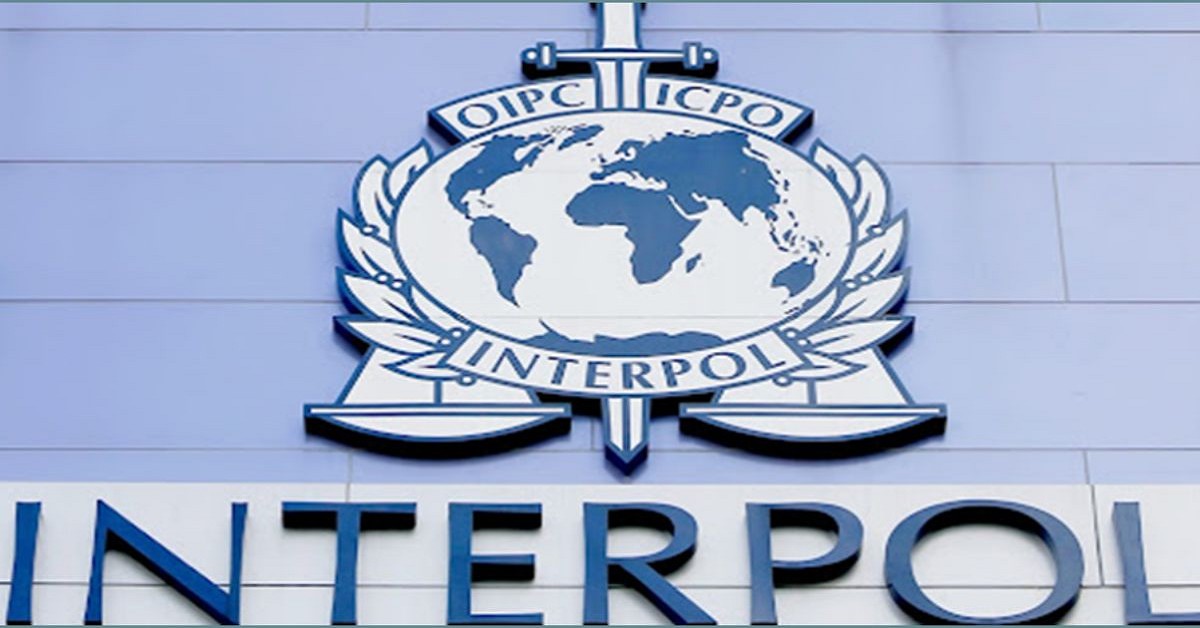
Interpol Arrest Statistics by Country
The world is interconnected in many ways, and crime knows no borders. Interpol, the International Criminal Police Organization, plays a crucial role in combating transnational crime and assisting member countries in arresting suspects. The Interpol arrest statistics by country pre.abduweb.com/crime/list-countries-and-the-number-of-suspects-arrested-by-interpol.html shed light on how different countries are performing in terms of arrests made through Interpol’s help. This article delves into these statistics, offering insights into trends and patterns that emerge from the data.
Understanding Interpol’s Role
Interpol serves as a global platform for police forces from different countries to collaborate in the fight against crime. Established in 1923, it facilitates communication and coordination between law enforcement agencies, which is especially vital in an era where criminal activities can easily transcend national borders. Interpol’s databases contain vital information about criminals, stolen properties, and missing persons, allowing countries to efficiently track down and arrest suspects.
Overview of Arrest Statistics
The arrest statistics provided by Interpol offer a comprehensive snapshot of global criminal activity. These statistics not only highlight the number of arrests made but also illustrate the effectiveness of international cooperation among law enforcement agencies. By analyzing data from different countries, we can identify trends that may point to improvements in crime fighting or highlight specific regions facing significant challenges.
Top Countries by Number of Arrests
Some countries have consistently been at the forefront of utilizing Interpol’s resources, leading to higher numbers of arrests. Countries with more robust law enforcement infrastructure and international collaboration typically report higher arrest numbers. Here are a few key countries to note:
- United States: As one of the largest contributors to Interpol’s initiatives, the USA ranks high on the list with numerous arrests across various criminal categories. Its strong law enforcement capabilities combined with international intelligence-sharing have made it a leader in effective arrests.
- Germany: With its well-established legal framework and efficient policing system, Germany has leveraged Interpol’s resources to make substantial arrests, particularly concerning organized crime and cybercrime.
- Brazil: In recent years, Brazil has seen a significant uptick in arrests, particularly related to drug trafficking and organized crime, supported by Interpol’s extensive database.
- India: With its vast population and diverse crime challenges, India has also made significant arrests through Interpol, addressing issues like human trafficking and cybercrime.

Crime Trends and Insights
The statistics reveal various trends that can be analyzed to understand the nature of crime in different regions:
- Increase in Cybercrime: Many countries have reported a surge in cybercrime-related arrests. As technology evolves, so does the sophistication of cybercriminals, necessitating enhanced measures of law enforcement.
- Drug Trafficking: Drug-related arrests remain high across many countries, particularly those geographically positioned along major smuggling routes. Interpol has been pivotal in dismantling several drug trafficking networks by facilitating international cooperation.
- Human Trafficking: Many countries have increased their focus on human trafficking, and it is reflected in rising arrest numbers. Collaborative efforts to combat modern slavery have seen significant progress.
Challenges Faced by Law Enforcement
Despite the advancements in international collaboration, various challenges continue to hinder law enforcement efforts worldwide:
- Resource Constraints: Many countries, especially developing nations, face significant resource limitations, making it challenging to carry out effective investigations or increase the capacity for arrests.
- Legal Barriers: Each country has its legal framework, and discrepancies can sometimes create obstacles during extradition processes or information sharing, complicating law enforcement efforts.
- Political Will: In some regions, political instability or corruption can impede attempts to address crime, as law enforcement agencies may lack the necessary support to operate effectively.
The Future of International Crime Fighting
Looking ahead, Interpol’s role is likely to evolve as global crime continues to transform. The increasing complexity of crimes, particularly in the digital realm, calls for innovative policing strategies and a commitment to international cooperation. Enhanced training for law enforcement officials, investments in technology, and ongoing data-sharing initiatives will be vital for future successes.
Conclusion
Understanding Interpol arrest statistics by country provides valuable insights into global crime trends and the effectiveness of international collaboration. While substantial progress has been made, ongoing challenges require commitment, cooperation, and innovative approaches to law enforcement worldwide. Countries must continue to work together to combat the ever-evolving threats posed by transnational crime agencies.
